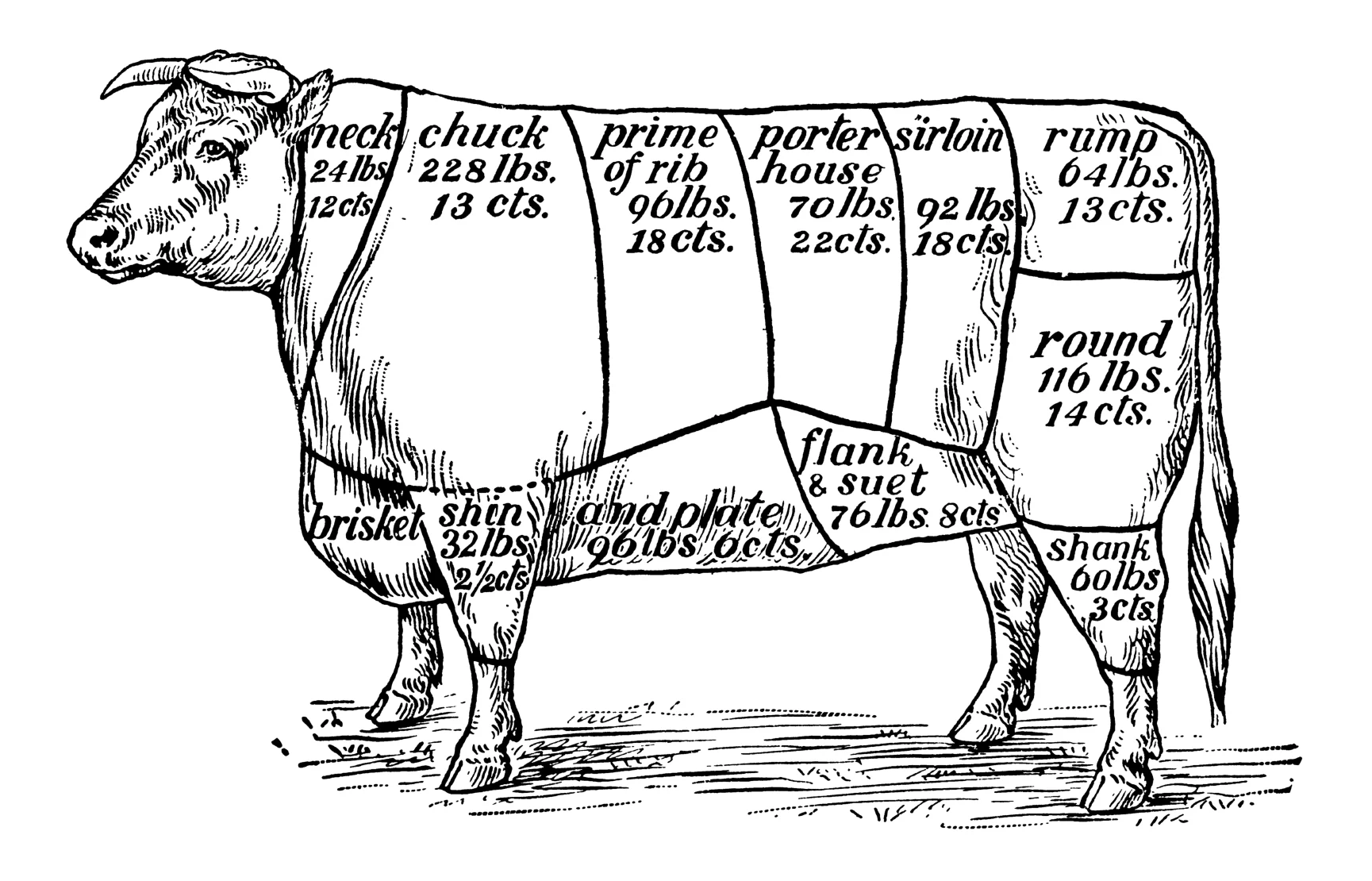
Getting ready to throw some steaks on the grill this weekend? You might be surprised to find your favorite steaks have new names at the supermarket or the labels look a little different. The Beef CheckOff Program and the National Pork Board finalized a new system of naming meat cuts in March of 2013, and changes are showing up in meat cases. The old names were very technical and didn’t match what we commonly call them in cookbooks or on restaurant menus. In addition, the names of pork cuts will now match beef cuts, so if you know how to grill a Porterhouse Steak, you’ll know you can do the same with a Porterhouse Pork Chop.
New retail meat package labeling has been proposed that will have three lines in order to make choosing meat simpler. The first line is the common name; this is the name we are most familiar with. The second line is a little more information about the cut, such as the area of the animal it comes from and whether it is bone-in or boneless. The third line tells the best preparation method or other helpful info. Many stores have adopted this new method, which you may have already seen.
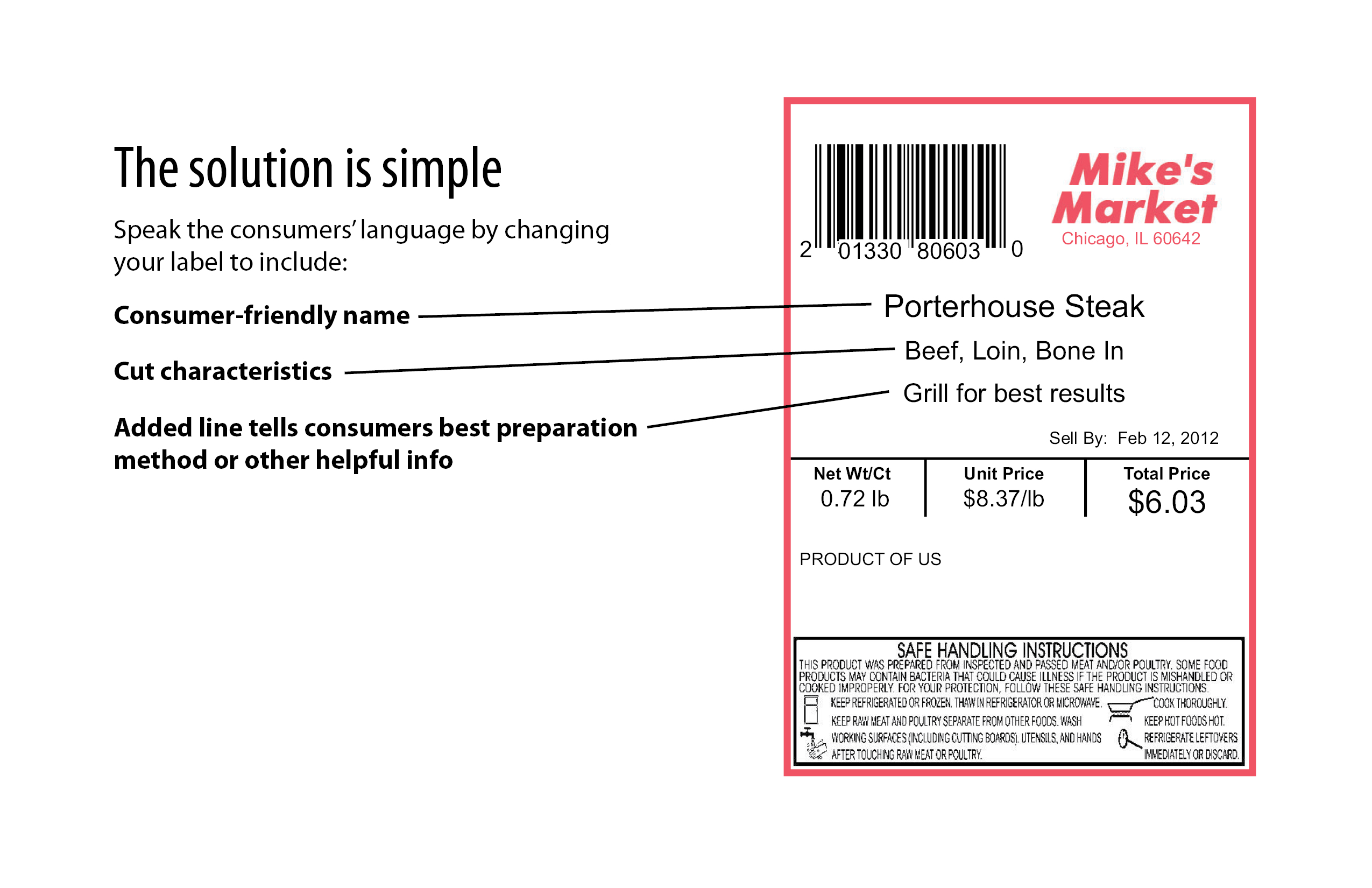 Sample revised Uniform Retail Meat Identity Standards (URMIS) label – See more at: http://beefretail.org/
Sample revised Uniform Retail Meat Identity Standards (URMIS) label – See more at: http://beefretail.org/Let’s look at a few beef cut names, where it comes from, and the best preparation methods for each with a chart from BeefRetail.org. (Click to enlarge.)
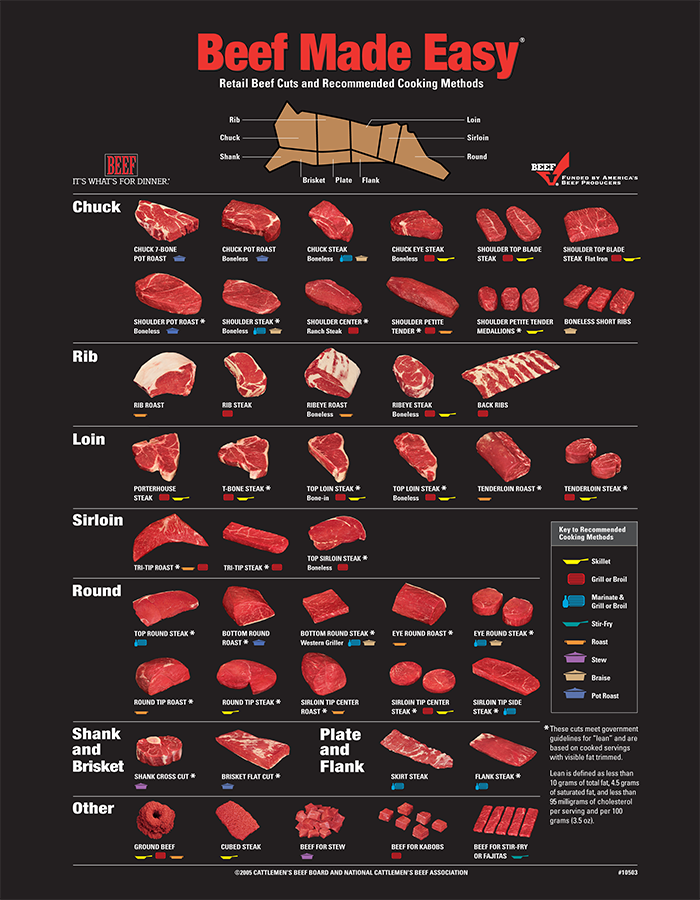
Understanding cuts of meat
Now more than ever, there are multiple beef choices available to consumers. This chart from The Beef Checkoff helps people understand everything from the differences between natural and grass-fed beef to the difference between USDA Prime and USDA Select.
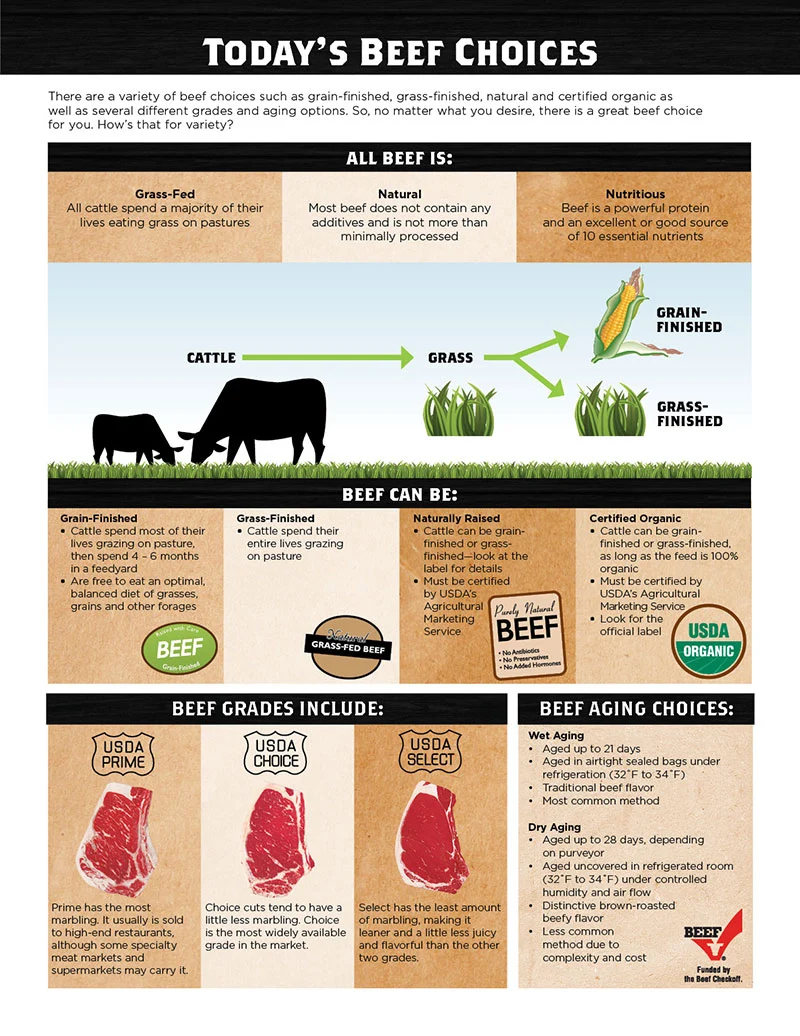 Choices of Beef – click to expand
Choices of Beef – click to expandFor beef recipes from the Hamilton Beach Test Kitchen, click here.


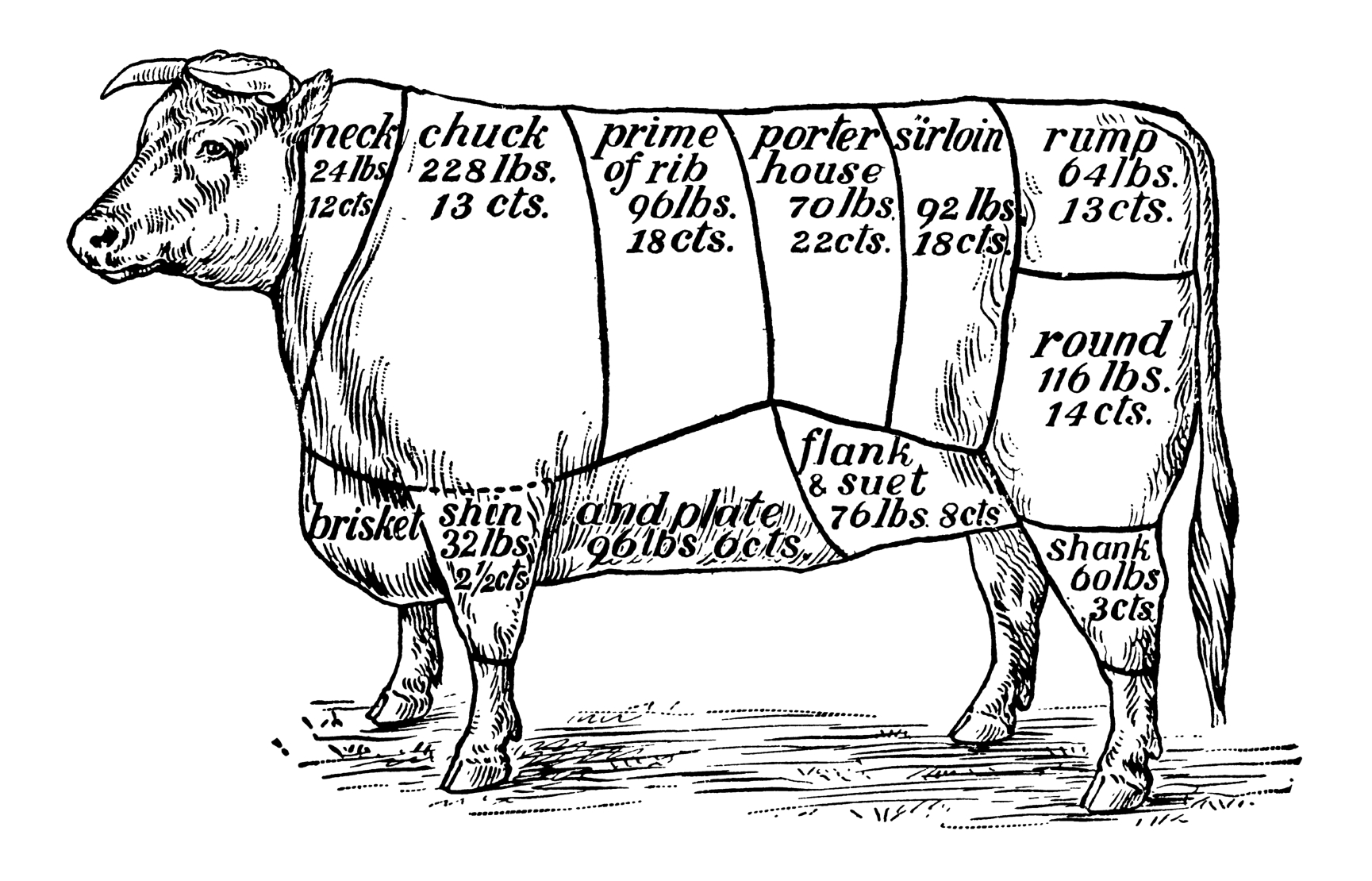
Great article, love the details, very helpful, thank you Pat
Thanks for this. Printed off a copy of the ‘Beef Made Easy’ thing to help me in the kitchen. Should have checked for a printer friendly version first though 😉